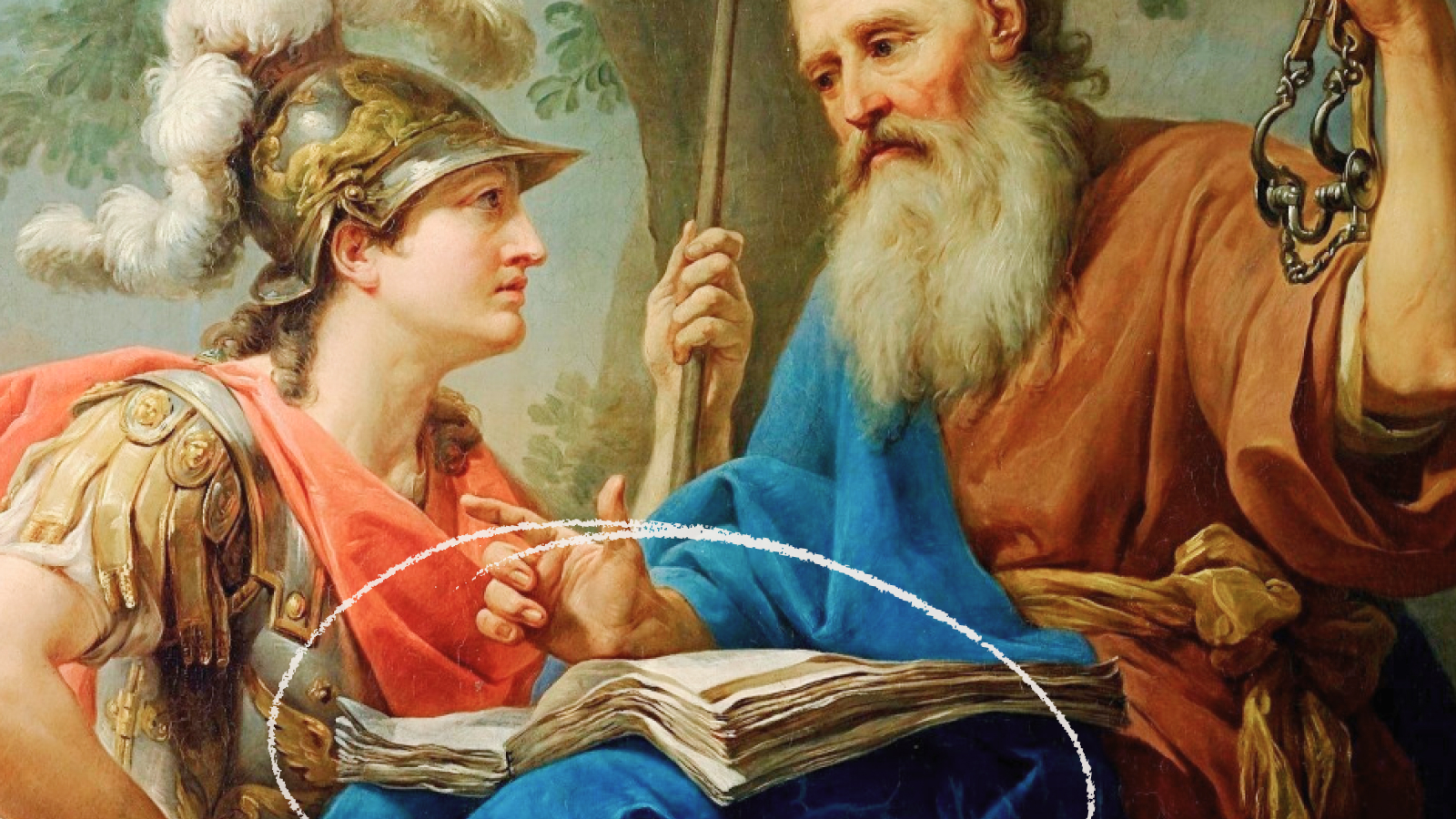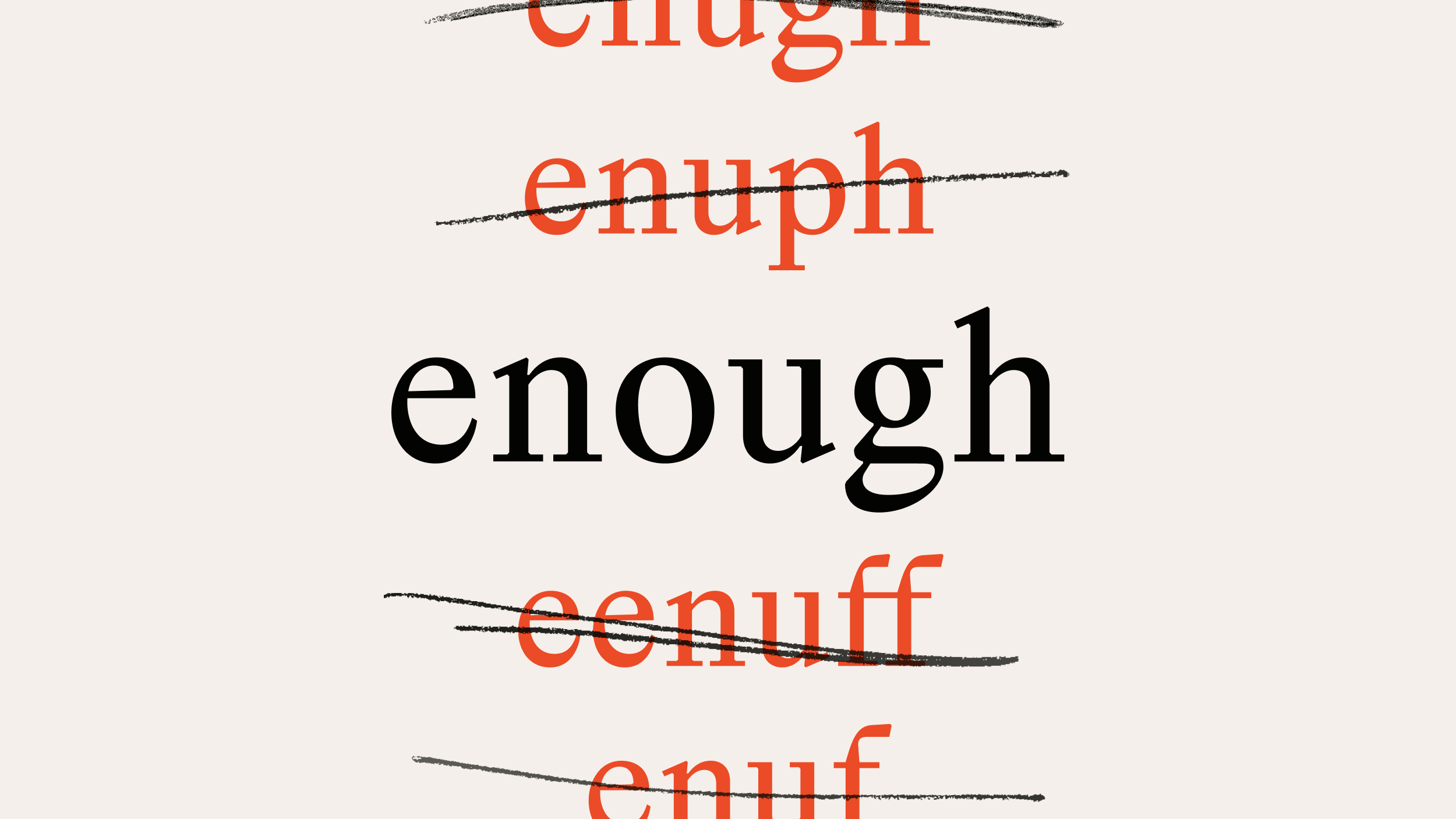After spending three months with impoverished vineyard workers, Dovey dropped film, finding the power imbalance too troubling.
Question: What did you learn from the experience of making the film?
Dovey: Yeah that was my honors thesis film, and I think . . . It was this incredible experience. I lived on a wine farm in the western cape of South Africa, and sort of lived with the wine farm workers who are ethnically colored, which is a separate ethnic color in South Africa – not Black or White, but historically the descendents of the Malay slaves who were bought over by the Dutch and the local ___________. And traditionally they’ve always worked on the wine farms and have had a kind of paternalistic relationship with the wine farm owners where they were sort of, you know . . . They didn’t own their own houses or land, and were often paid in wine. And so there were huge problems of alcoholism. And so for me going in there, it was the beginning, I think, of my disillusion actually with the process of using film as a research tool. I’m not saying I wouldn’t do it again, but I would be very wary of going into a community as a White South African with a video camera and clearly from a different class. And I sort of turned up on these wine farms initially, and the farmer hadn’t told the workers that I would be filming. I had assumed he’d asked their permission, and he sort of said, “Well oh, she’s gonna be filming you for the next three months of your . . . of your lives.” So you know over time you build a relationship with these people. And so it’s this, you know . . . It does become an incredibly important experience in your life, but I think it was also quite disturbing. Because no matter how good your intentions are, that power imbalance never goes away. And if you’re not very careful, I think it’s . . . it’s very damaging.
Question: What is it about that power imbalance that troubles you?
Dovey: I think it’s the sense that I wouldn’t want to ever film in a community again that I felt couldn’t say “no” to me. And just the, you know . . . the history of South Africa it was . . . You know it’s still too recent since the sort of paternalistic labor relations system ended for me to really feel like these workers in the community had enough sense of agency to feel that they, you know, could tell me “no” at certain moments. So it was a constant sort of . . . I was trying to read it, but often I felt that I was actually overstepping boundaries because they, you know, didn’t feel like they had a right to maintain those boundaries. So I think if I . . . If I did work on a film project again, I would pick a community that was of a more similar, I would say, class; particularly class background so that you felt that they were always co-participants in the project.
Question: Would it be as interesting
Dovey: Maybe not. Yeah, maybe it wouldn’t. And there’s always the argument that, you know, disenfranchised people need a voice; and their voices are silenced as it is; and they need anything that can give them a voice. But again, the ethics of doing that, I’m not sure how it works. And I actually think it’s a new generation in South Africa of a Black middle class that is emerging at the moment. And I think that’s gonna be a very interesting generation to watch just artistically. I think they will be able to create art that is indigenous in a way that perhaps can sidestep some of those ethical issues.





